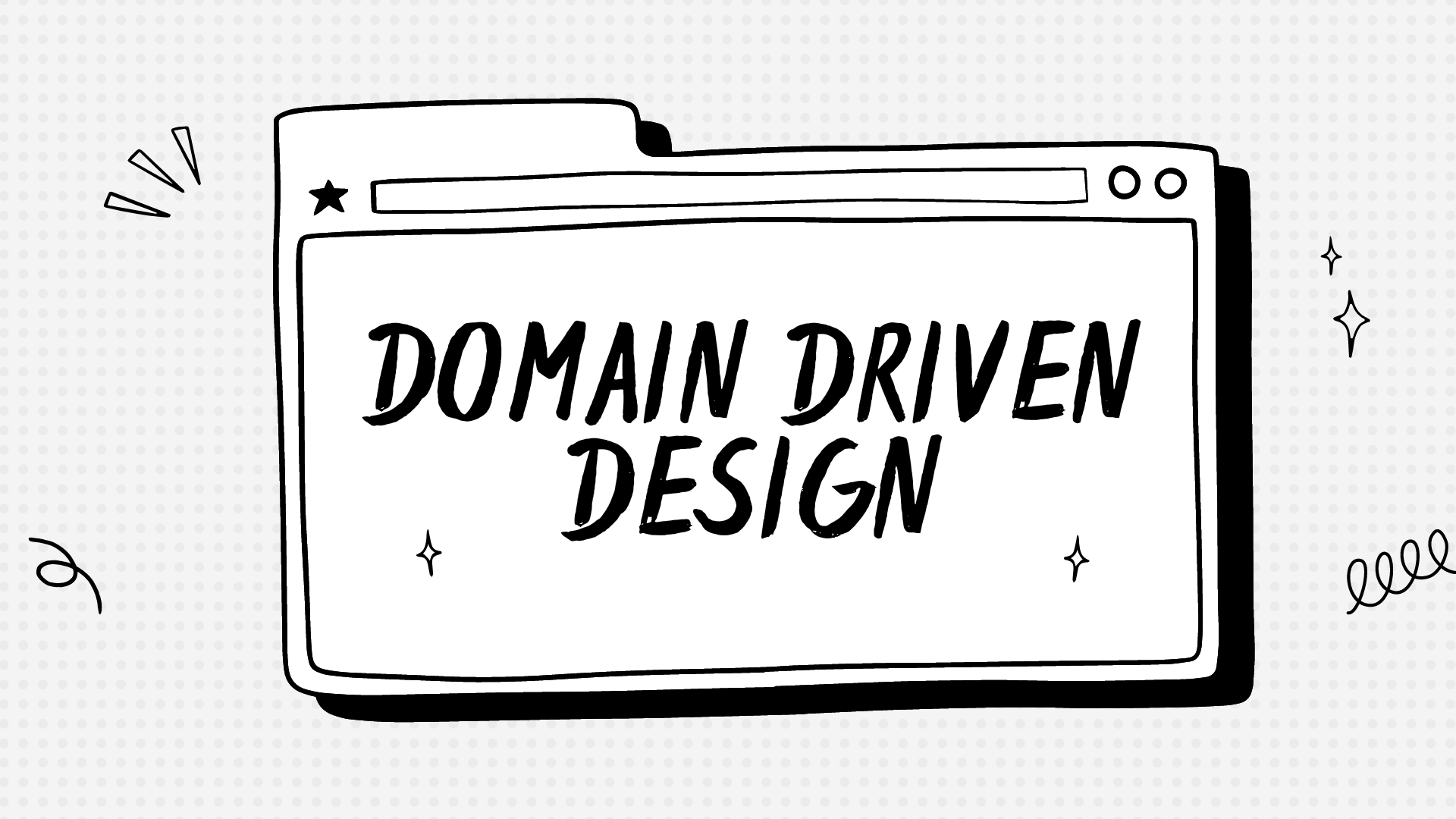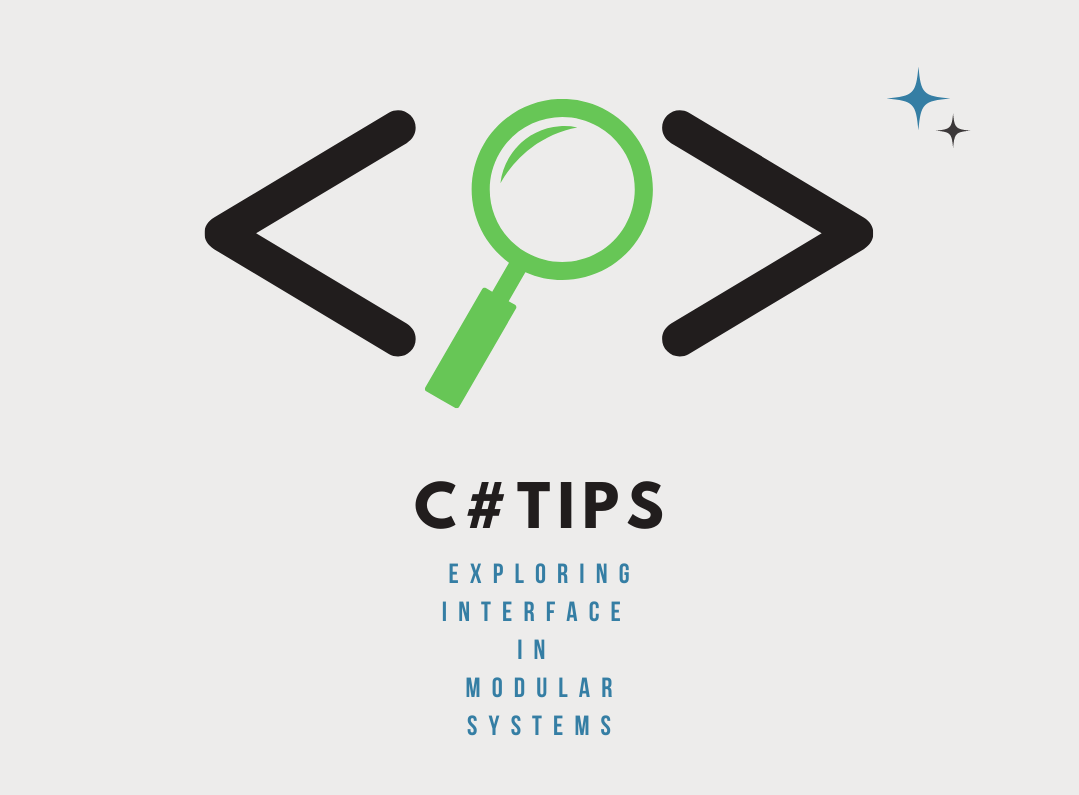How to double your career growth as a Software Engineer- Part 02 : Show proactive attitude
Most people are reactive in nature. They do whatever they see others doing. But the people with a proactive attitude are entirely different. They love to take challenges and lead a life out of their comfort zone. If you can be such a person as a software engineer it will enhance your chance of making more money.
Software engineers who can not show proactiveness in their attitude are considered to be like other cheap offshore labour. Your client from a western country may say, “our customer reported that the software you made is too complicated for them. Maybe we can make it a bit more user friendly.”
After hearing it a man with proactiveness will not just say ‘yes’, he will share some ideas with his client and make sure he agrees on it. It makes a lot of difference than an engineer who just hears about complains and says ‘ok’ or ‘yes’ and does not suggest anything at all.
Showing a proactive attitude will make you feel like a peer to your clients. We all know, It’s easy to discount offshore labours but it is not easy to discount peers.
Here are some tips which have been given by John Sung Kim, CEO of JetBridge to present yourself as a proactive software engineer to your client/boss-
First of all, try to anticipate the questions you will receive from your client and answer them before they ask you. If you can not answer anything instantly, just let them know you can not answer now, but you will inform them later after having a bit of research.
Challenge your client/boss with new ideas, tough questions or honest feedback, even if they don’t ask you for it. It will raise your position to them.
Do not always go forward with the plan that your client/boss suggests. Do your own math and see if there’s a shorter path of implementing the idea.
Always ask them to give honest feedback on your work and do not be satisfied with some praise. Keep on working to show something better in time.
Do not be silent. Silence is for servants. Voice your opinion, but do it in the most positive way possible.
If anyone from your team does something unprofessional, report it instead of trying to protect your colleagues with silence. Such protection keeps you all as servants.
If you get rejected, do not give up. Ask them what you should do to get them to say ‘yes’ next time. Note what they say and improve yourself.
Study the person’s background and previous projects before you get on the zoom or call with that person. Never come cold unprepared to any meeting.
Always follow up. Say thank you after meetings and post follow up questions or suggestions.
Get connected to the executives you meet with on: LinkedIn, twitter, medium etc. Show them you’re a true fan of theirs, not just another person asking them for something.
Read More







